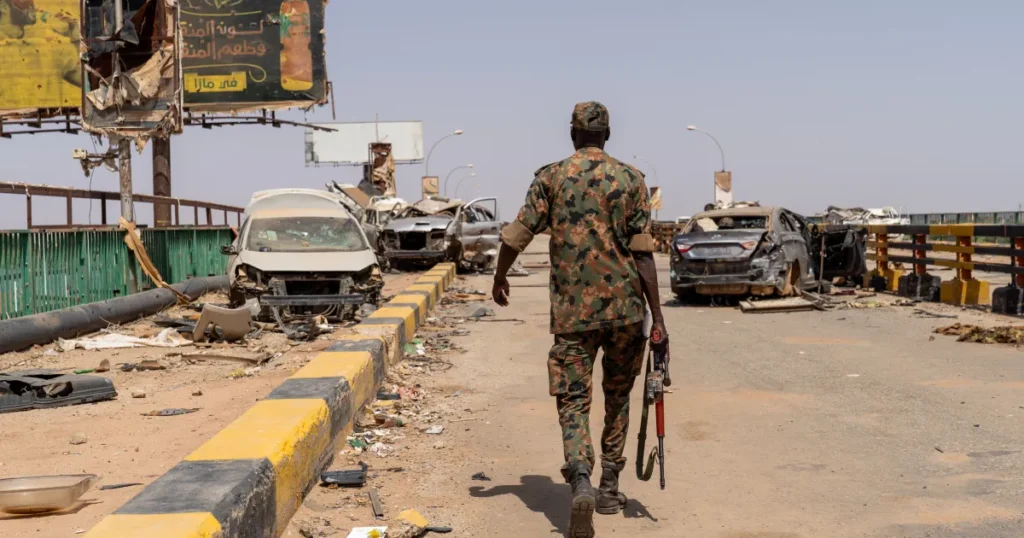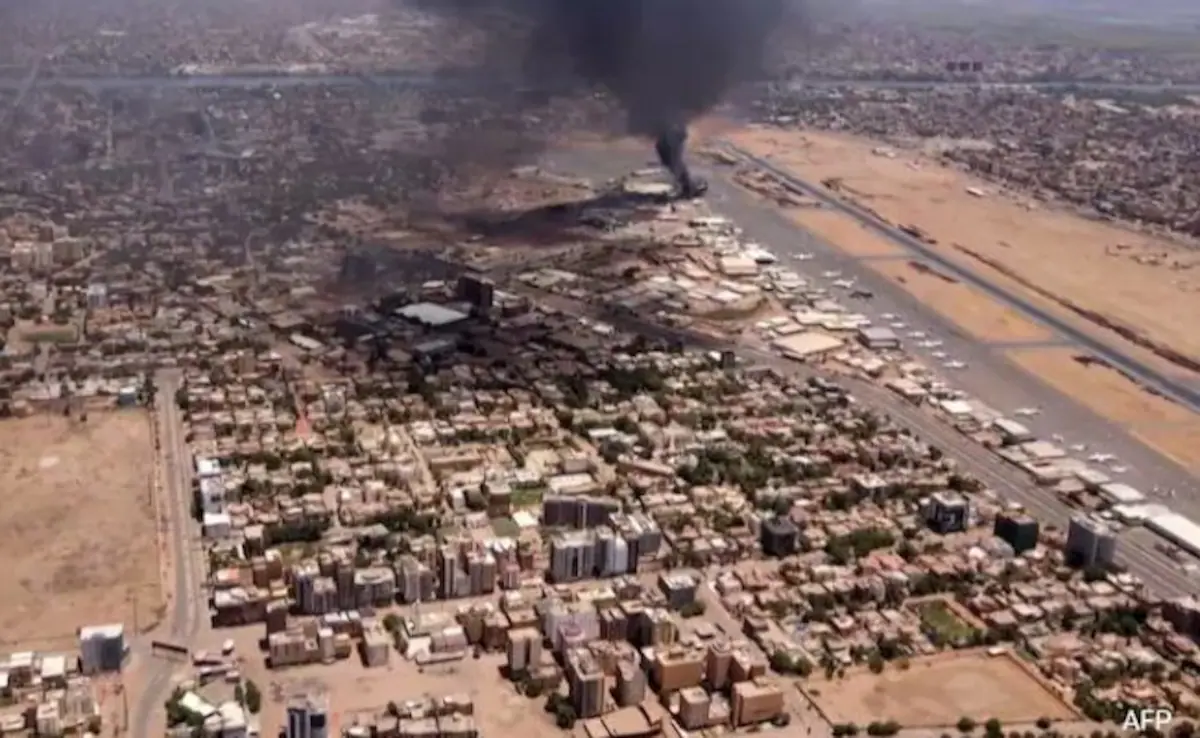UAE mercenary plane shot down Sudan — this phrase exploded across global headlines in August 2025, sparking heated debates, political denials, and a flood of speculation. Did Sudan’s military really destroy a plane linked to the UAE? Were mercenaries on board? Or is this just another round of wartime propaganda?
The Claim That Sparked the Storm
On August 6, 2025, Sudanese state TV reported that the Sudanese Armed Forces (SAF) shot down an Emirati aircraft as it landed at Nyala Airport in Darfur. The plane allegedly carried:
- At least 40 Colombian mercenaries,
- Weapons and equipment,
- Supplies intended for the Rapid Support Forces (RSF) — Sudan’s paramilitary rivals.
Sudan’s military hailed the strike as a “new equation of deterrence” against foreign interference.
The phrase “UAE mercenary plane shot down Sudan” quickly went viral, appearing in breaking news tickers and social media threads across Africa and the Middle East.
UAE’s Firm Denial
Within hours, the UAE government rejected the claims as “baseless” and part of Sudan’s propaganda war. Officials stressed:
- No Emirati aircraft was operating in the area.
- Allegations of supplying mercenaries or weapons are “false and irresponsible.”
- Sudan’s military, locked in a bitter civil war, has a clear incentive to spread disinformation.
For the UAE, the phrase “UAE mercenary plane shot down Sudan” was not just inaccurate — it was damaging to its international reputation.
Independent Reports: What’s Actually Verified?
While facts are murky, multiple international outlets including AP, Al Jazeera, and Sudan Tribune confirmed:
- A strike did happen at Nyala Airport.
- At least 40 people were killed.
- A plane was destroyed during the attack.
What remains unverified:
- Whether the plane belonged to the UAE.
- Whether Colombian mercenaries were on board.
- Whether the cargo included weapons for RSF.
In short, something explosive happened — but the full truth is clouded in denial and counter-claims.

Why Sudan Accuses the UAE
Sudan’s military has long accused the UAE of arming the RSF. Evidence cited includes:
- UN expert reports on suspicious cargo flights through Chad.
- Satellite images of drones at RSF bases in Darfur.
- Alleged sightings of foreign fighters aligned with RSF.
Though not conclusive, these patterns fuel suspicion that the UAE may be indirectly supporting the RSF to gain regional influence.
Why the UAE Pushes Back Hard
For the UAE, these accusations carry heavy risks:
- Diplomatic credibility: Being branded as a sponsor of mercenaries undermines its global image.
- Strategic ties: The UAE presents itself as a mediator in African conflicts, not an escalator.
- International law: If proven, arming one side in Sudan’s war could violate UN resolutions.
Hence, the UAE has repeatedly said: We are not involved in Sudan’s war.
The Humanitarian Angle
While headlines scream “UAE mercenary plane shot down Sudan,” the real tragedy is the Sudanese people:
- Millions displaced since the war began in April 2023.
- Widespread food shortages and collapsed health services.
- A conflict worsened by foreign involvement, whether proven or alleged.
Every rumor, denial, or strike has ripple effects — intensifying civilian suffering.
Why the World Is Watching
This is more than a Sudanese battlefield story. It matters because:
- It highlights foreign proxy wars in Africa.
- It risks regional spillover involving Chad, UAE, and others.
- It tests UN enforcement of arms embargoes.
- It shows how information wars shape global opinion.
Final Word
The phrase “UAE mercenary plane shot down Sudan” may be the headline, but the truth lies between Sudan’s fiery claims and the UAE’s flat denial.
What’s clear:
- A deadly airstrike occurred.
- Lives were lost.
- The fog of war makes truth difficult to pin down.
What’s uncertain:
- Who the plane belonged to.
- Whether mercenaries or weapons were on board.
Until independent evidence emerges, this story remains a flashpoint of rumor, denial, and geopolitical shadow games.
Do follow us: Instagram



